There are certain aspects of aging we’d rather not think about, or talk about. Body parts that sag. Things that get coarser, drier. Bathroom visits that become more urgent. These are what the founders of a new sustainable wellness brand called Attn: Grace call the “inconvenient truths” of aging. Out of shame or fear or both, a lot of us would prefer to wish away these realities.
But Attn: Grace co-owners Alex Fennell, 44, and Mia Abbruzzese, 54, a married couple with four children, have a different idea: address aging issues in an honest, supportive, dignified way.
“Everything in the U.S. is anti-aging or turn back the clock, as opposed to seeing aging as—not to suggest it’s all sunshine and walks on the beach—but seeing it as the privilege it really is,” says Fennell. “We believe in a world where women are seen and celebrated as we age.”
The first offerings from Attn: Grace, which launched last summer, are bladder leakage products. Their pads, liners, and wipes are all made sustainably without plastics, dyes, bleach, or anything you wouldn’t want next to your skin.
I was happy to sit down with Fennell, who has a background in patent law, and Abbruzzese—who previously founded Morgan & Milo, a global children’s lifestyle brand—to discuss the company’s products, philosophy, and how well synched Attn: Grace is to the mission of NextTribe.
What motivated you to launch Attn: Grace?
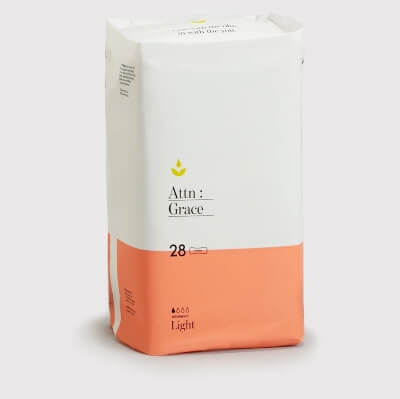
Abbruzzese: I actually visiting my mom who was 89 at the time. She is a very curated woman in every aspect of her life. She shops at Saks; gets her groceries from Whole Foods; has her hair blown out, her nails done, the works. I saw her was coming out of the bathroom and she was stuffing her gray Depends in the plastic sleeve the newspaper came in to dispose of it. I thought, Gosh this is such a degrading experience for someone who lives in such an elevated way in every other area of her life.
I came home and Alex was unpacking a box from The Honest Company. Diapers, wipes, and the things we need for our two-year-old twins. I said, `This is what my mom needs for herself, a more curated experience.’
We looked around to see what was in the space and there was nothing. We did our research and went to trade shows. We learned that this aisle in pharmacies [where incontinence products are shelved] is called “the aisle of death.”
We knew there was an opportunity to change the conversation around this. Both the products and the way we’re being spoken to as consumers. It starts with incontinence, but the brand will evolve into all the inconvenient truths women face as they age. Everything from bladder weakness to sexual wellness. All these things I’m experiencing as I age. I have a product and brand development background to address that.
Read More: Inside Out: The Problem With Our Private Parts We Need To Talk About
What differentiates you from the traditional bladder leakage products?
Fennell: When we first started developing our concept for Attn: Grace, it was a given that we would design the products to be sustainably sourced and designed. We wanted to make sure we were bringing a cleaner, greener product to market. It’s incomprehensible to me that someone would launch a product today without that being one of the pillars. We’ve taken a lot of inspiration from the work that’s been done in the fem care, period space in the last five years.
We knew we wanted to hold ourselves to higher design and development standards in that sense. We decided that we’d hold ourselves to the same standards as they have in Europe. So ingredients banned in Europe are never going to be in products we put out in the market here.
We’re not just building a marketplace; we’re also building a movement and a community.
Mia pointed out in the early developmental process that if you’re a moderate-to-heavy user of bladder leakage products, you’re not wearing them for five days a month as with your period. You’re using them every day, all day long, sometimes over night, so what you’re putting against your skin is that much more important.
As we did our research, we learned all of the big box brands still use a petroleum-based synthetic top sheet in their incontinence product. They have dyes and they’re treated with cholrine bleach.
We redesigned our top sheet to be 100 percent plant-based. It’s derived from sugar cane waste and totally chlorine free, fragrance free, and free of dyes. That was one of the things we were most excited about. That being said, neither of us anticipated just how well that would resonate with women.
It turns out by a long measure that the top sheet is making the biggest difference for women who have tried our product. Every day we hear from women, “Oh, I’ve tried everything out there. This is the first time I haven’t had skin irritation.”
Abbruzzese: I think because there’s less irritation there’s less urge to go so they’re using fewer products as well. Which is always nice.
Fennell: Also in terms of differentiation, 70 percent of our outer package is derived from a green polyethelene instead of single-use plastic. By the end of year, we won’t have any single-use plastic in packaging or products. Plus, we use sustainably sourced tree pulp in all our products.
But still, our products are benchmarked to match performance if not out perform all of the leading brands as far as absorbency, function, and fit. We’re proud that our products compete in that sense as well.
What’s the benefit of being a direct-to-consumer company?
Abbruzzese: It helps that our customers don’t have to go down the `aisle of death’ and it helps us as we build our brand. We can really see what resonates with our customers.
What kind of feedback are you getting from your customers?
Fennell: It’s been a bit overwhelming. There’s so much baggage with the big box brands that women are definitely ready for something completely different in this space. The response has been strong—not just for the products but for the brand over all. Which has been really heartening. We spent a lot of time before launch figuring out the right voice. We really wanted to design a brand that speaks to women in the way we want to be spoken to.
We’re very committed to communicating to women on our blog, for instance, that you don’t necessarily have to live with bladder leaks. There are other solutions. Being a trusted resource, we work with our medical advisors to get important information out there, such as how to talk about issues with loved ones and doctors.
Abbrazzese: That’s been a big learning curve. Women don’t even talk about this with their doctors. The doctors have to pry it out of them.
Have you seen women feeling more free to talk about issues like incontinence?
Fennell: It’s not just about changing the narrative around incontinence. That just happens to be the issue we started with because we had a deeply personal connection to it via Mia’s mom. It’s really about aging overall. Even from the time we started concepting for Attn: Grace, which wasn’t that long ago, till now, we’ve seen a really beautiful shift in our culture. The narrative is starting to evolve a bit. The aging population in our culture is still highly, highly marginalized, and for us the answer to changing that aspect comes from a whole combination of elements from representation to inclusion to empowerment.
We’re hoping in building Attn: Grace, we’re not just building a marketplace, but we’re also building a movement and a community.
Read More: 7 Things I Feared About Menopause that Didn’t Happen (and One that Did!)
Where did the name Attn: Grace come from?
Abbrazzese: We went through many iterations of the name. The “Attn:” is for drawing attention to women’s issues as we age. The “Grace” speaks as a common every woman.
What’s coming up in the future?
Fennell: We just launched a new product, wipes. The first in this space that are free of harmful chemicals. The’re all-natural based and truly flushable, not just saying flushable.
Later in 2021 we’ll have some new products. There are many opportunities because there are a number of problems that haven’t been solved for let alone solved for in a cleaner, greener way and just in a more thoughtful way.

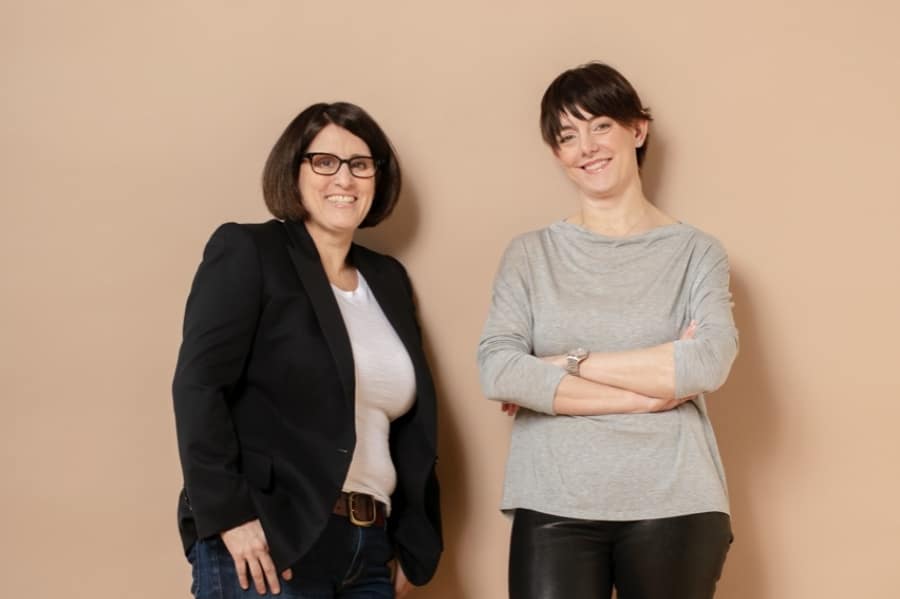
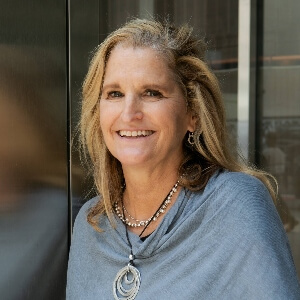
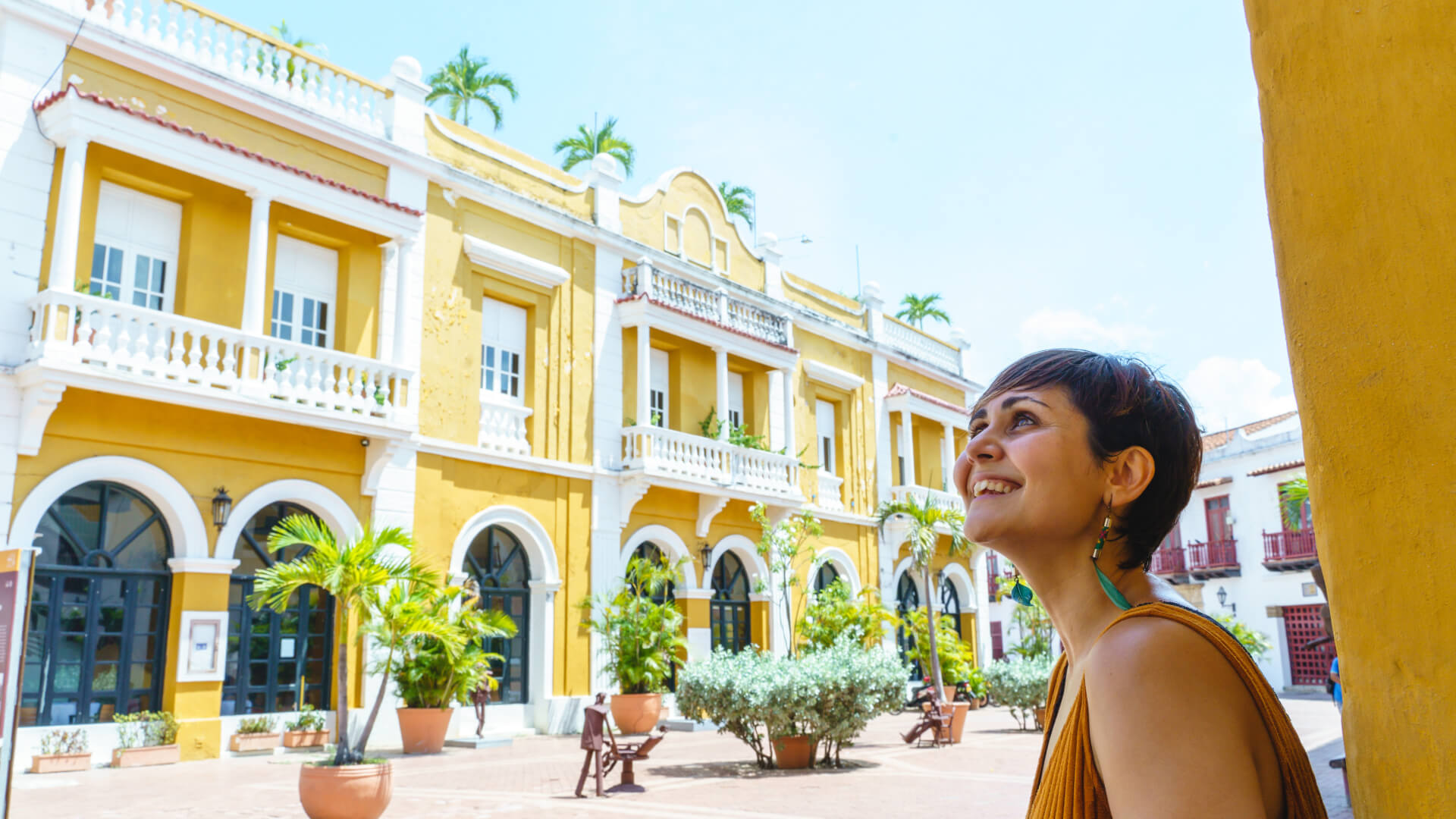




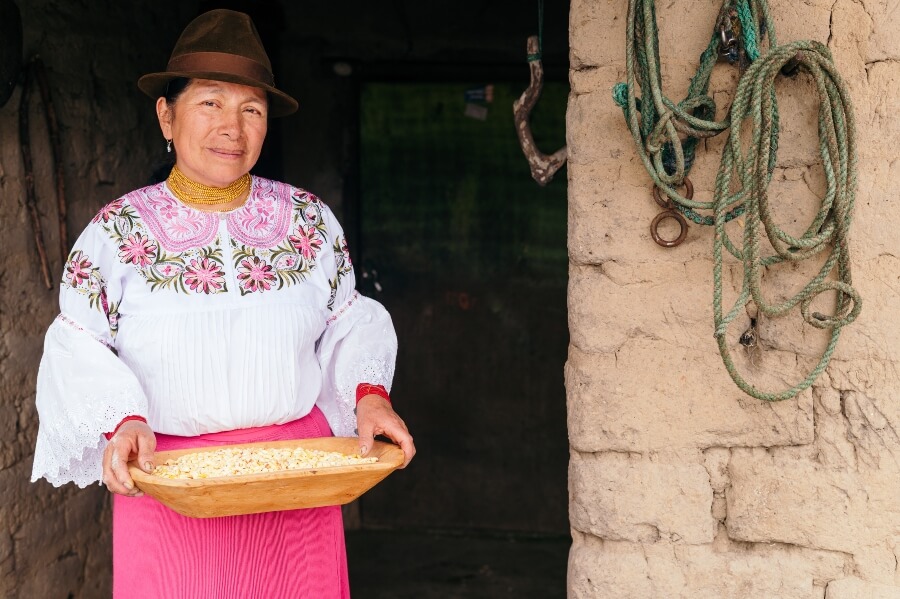
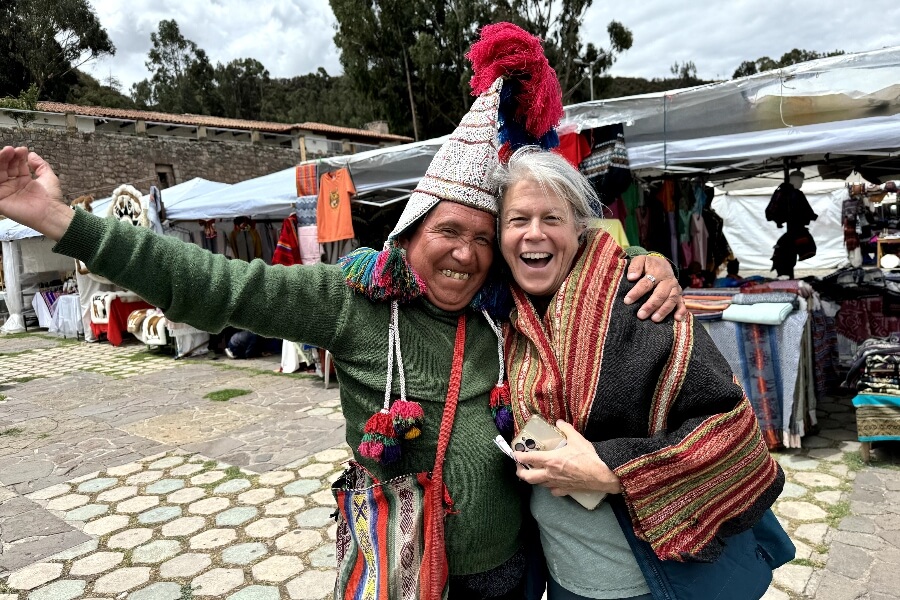

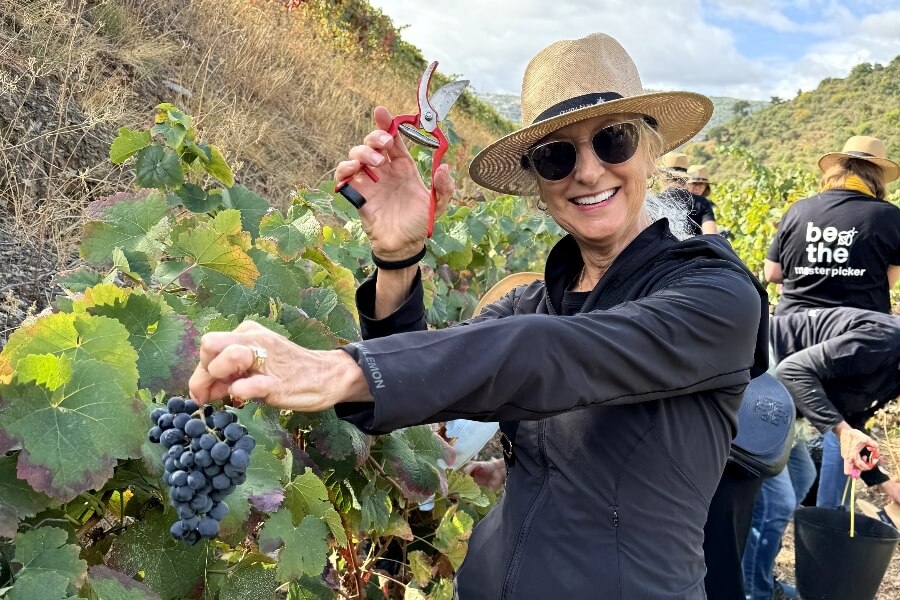

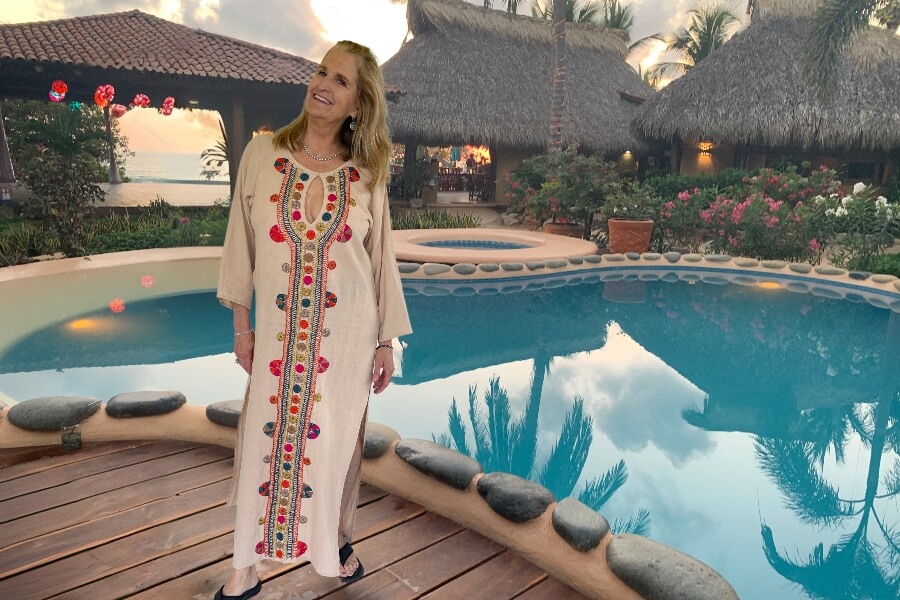


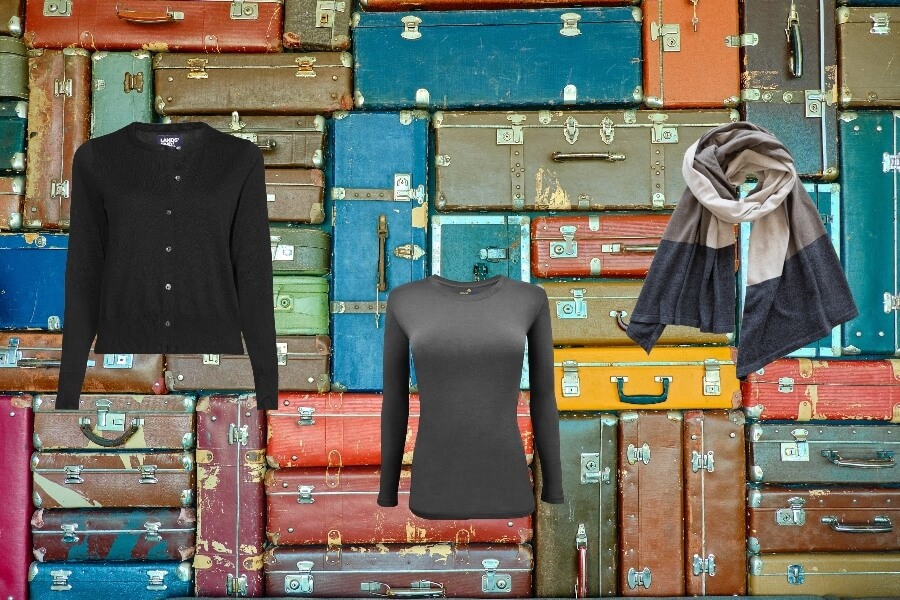

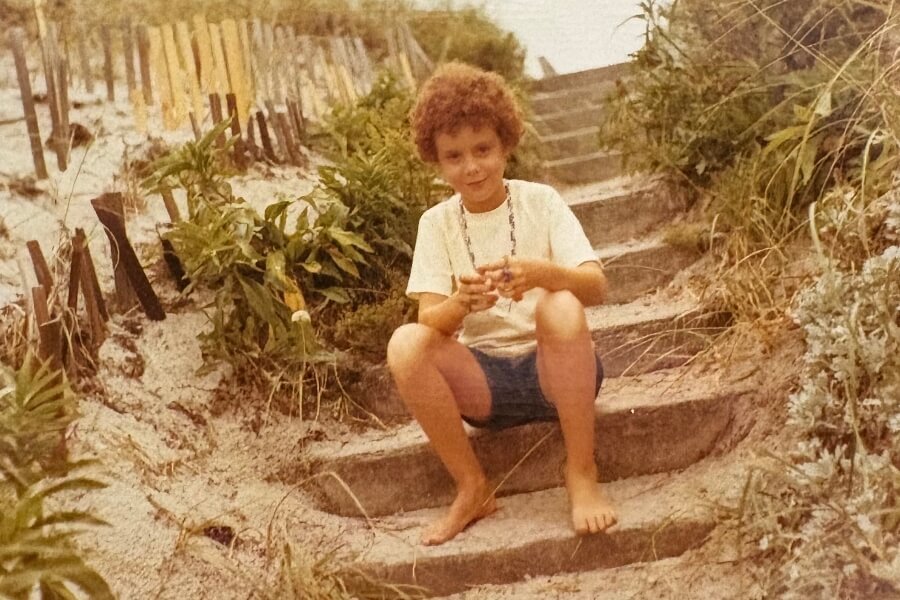
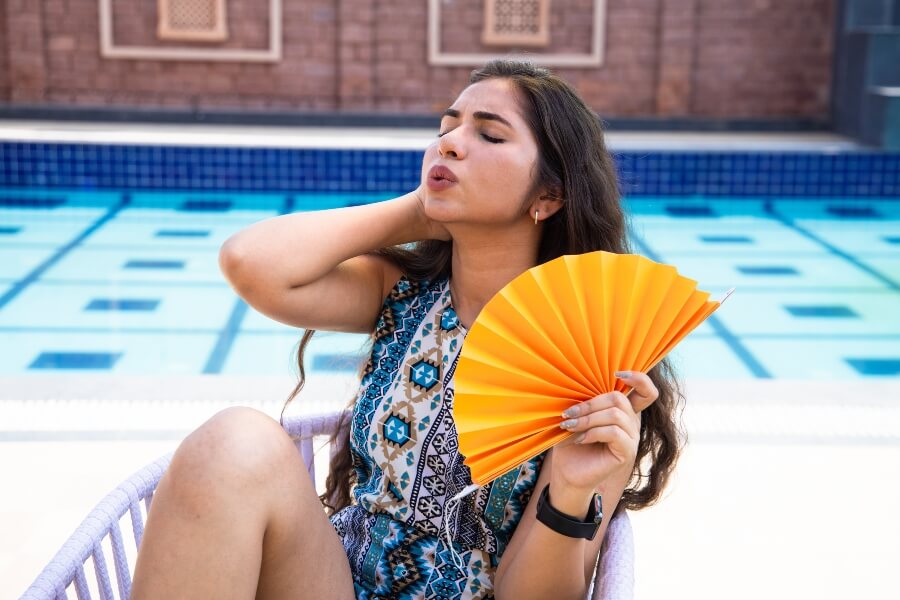
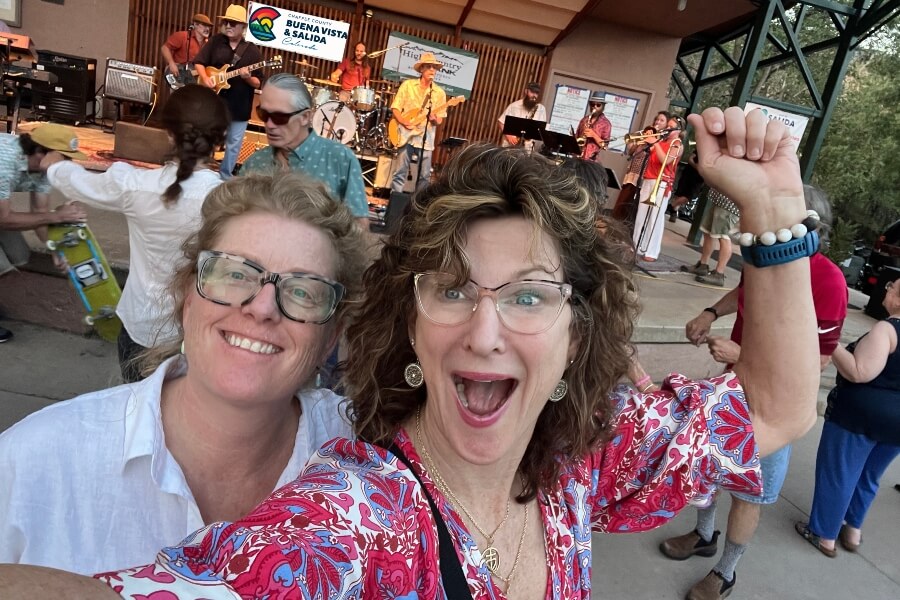



0 Comments